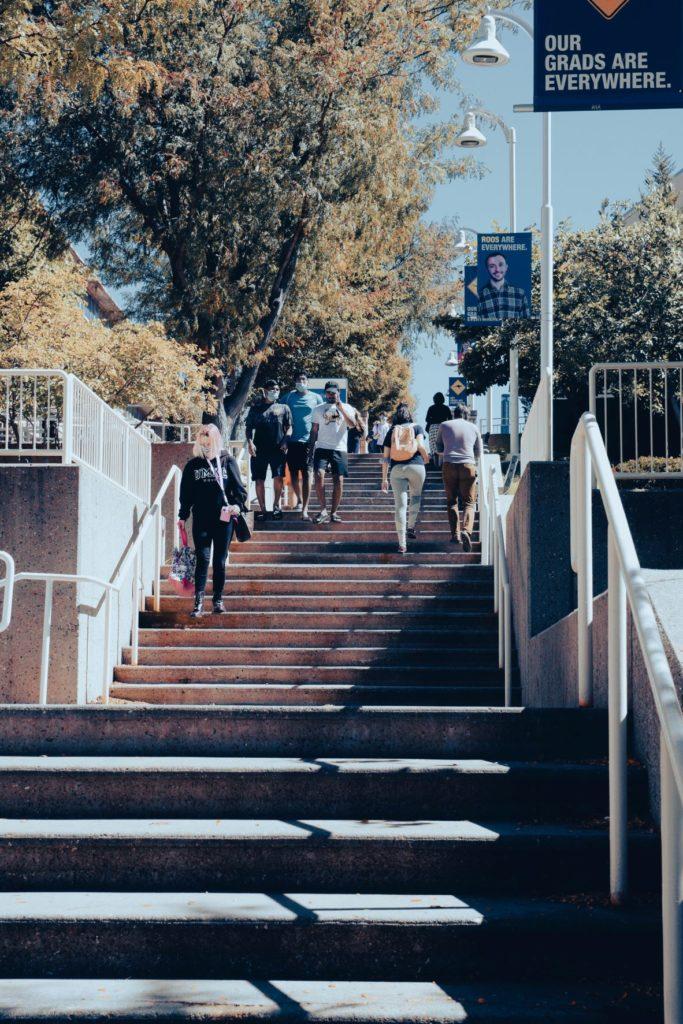Wenjie Cao traveled across the world to pursue his education, but his experience as an international student at UMKC has included loneliness and adversity.
“The school has taken very poor care of international students, especially during the epidemic,” Cao said. “It makes people feel empty and helpless.”
Cao, 22, is from China and a senior at UMKC, majoring in communications with an emphasis in mass communication and journalism. For Cao, the transition was difficult because he wasn’t fully prepared for life away from home.
“The exchange of international students is still not friendly enough for international students, especially if you have not learned some things… like renting a house, buying a car and all the chores in life,” Cao said.
Tara Ogoti, an exchange student from Kenya studying electrical and computer engineering, also mentioned that lack of preparedness created struggles in adapting to living on her own at college.
“In the beginning, I had a lot of problems with taking care of everything on my own, but that is just part of becoming an adult,” Ogoti said. “Right now is the first time I have ever been like ‘I got this,’ and it only took three years.”
Some international students at UMKC also mentioned that socializing has been difficult, pointing out that UMKC students tend to keep to themselves.
Yara Salamed, 20, is a U.S. citizen but attended high school in Palestine. She said she noticed a lack of interaction between students in the classroom.
“In Palestine, everyone in the classroom is more like family,” Salamed said. “I hate when people just get on their phones when they’re sitting right next to human beings, we should talk.”
Cao shared similar thoughts and said that he thinks that lack of interaction has meant other students haven’t had much of an influence on him.
“People only pay attention to their own affairs,” Cao said.
Unlike Cao, Ogoti commented on the kindness she had received from other students and how they helped her improve her communication skills.
“Everyone is so nice, and it has helped me work on my small talk…but I have heard of people having some bad experiences,” Ogoti said.
While connections made in the classroom with peers may not be as strong at UMKC, the international students also acknowledged the advantages of American universities.
“The biggest difference between American schools and Chinese schools is that the content of teaching is very professional and open,” Cao said. “Compared with China, American education is freer and more tolerant, and more objective and fairer.”
Many international students said they feel better prepared for college than students who grew up and graduated from the American school system, however.
“To be honest, high school in Palestine prepared me way more for college. They really emphasize learning,” Salamed said. “It was a lot harder than here.”
Overall, students said they were pleased with the international program but felt there are large challenges that face international students.
“Because I am studying and living in a country other than my own, there will always be some strange eyes on me,” Cao said. “But it is these things that make me stronger now, not afraid of any difficulties.”
For more information on UMKC’s International Student Program, visit https://www.umkc.edu/admissions/international-students.html
lbb5ky@mail.umkc.edu








